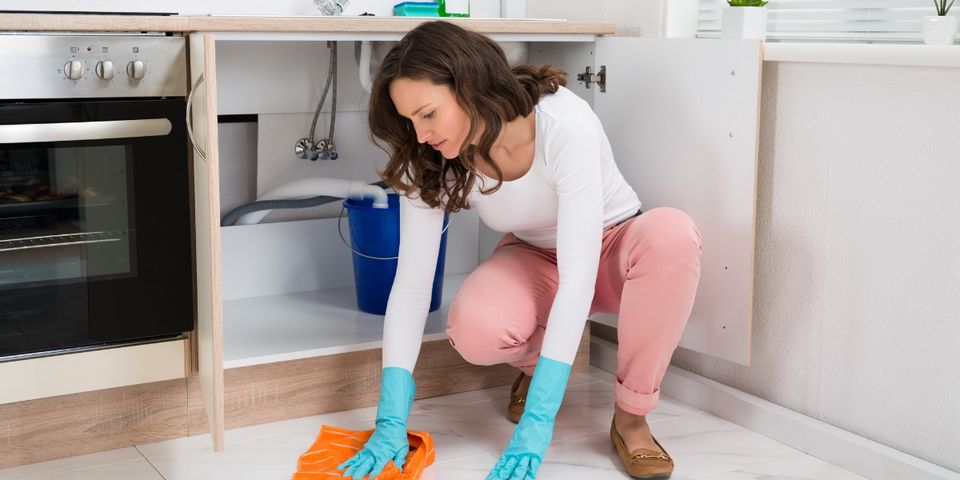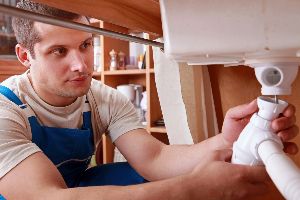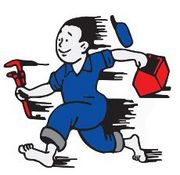
Pipes move clean fluids into faucets and fixtures, and waste lines transport dirty water away from your home. Those made from metals such as copper and galvanized steel may corrode over time, creating weaknesses that can result in water leaks. Fortunately, knowing some of the most common causes of rusting can help you safeguard your system and prevent the need for plumbing repairs. Here are some reasons why corrosion might occur.
What Causes Plumbing Pipes to Rust?
1. Oxidization
Water contains dissolved oxygen molecules, which can cause a chemical reaction known as oxidization when they contact metal pipes. This may lead to the formation of rust spots, deteriorating the metal lining and eventually leading to cracks or ruptures.
Hot water may accelerate the oxidization process and cause corrosion deposits to accumulate more rapidly. Since oxidization is unavoidable, a plumber can replace metal pipes with PVC or polyethylene to prevent problems. Alternatively, you can lower the temperature on your water heater to slow down the process.
2. Imbalanced pH
Water typically has a neutral pH ranging from about 6.5 to 8.5. However, if its pH lowers and becomes more acidic, the fluid may dissolve the protective copper oxide barrier on the insides of pipes, making them more vulnerable to corrosion.

You can use test strips to determine the pH of your water supply. If it's acidic, a plumbing repair company may need to replace metal pipes with plastic or synthetic materials that are less susceptible to rusting as a result of reduced pH levels.
3. Bacteria
Well water may contain sulfate-reducing bacteria, which can accumulate on the insides of metal pipes. These microbes can attract trace elements of iron or manganese in water. When they combine with oxygen, this can leave a rust-like substance on your plumbing fixtures. A plumber may install a water filtration system that can trap these harmful bacteria before they enter pipes, preventing them from causing corrosion-related leaks and property damage.
4. High Water Velocity
When water moves through pipes at high speeds, it can abrade the interior lining. This can make corrosion deposits more likely to form because deteriorated segments can oxidize quicker or collect more sulfate-reducing bacteria. Since undersized pipes are a common cause of elevated fluid velocity, a plumber can replace them with larger lines that slow down the water flow to protect your plumbing from rust.
If you suspect plumbing problems related to corroded pipes, contact Economy Plumbing in High Point, NC. They provide a wide range of plumbing repairs to homeowners throughout the Southern Triad. They'll perform the necessary work to ensure your pipes are operating correctly, whether it involves sealing a leak or replacing the piping with corrosion-resistant materials. Call (336) 883-4491 to schedule an appointment, or visit them online to learn more about how they can keep your plumbing system working.
About the Business
Have a question? Ask the experts!
Send your question

